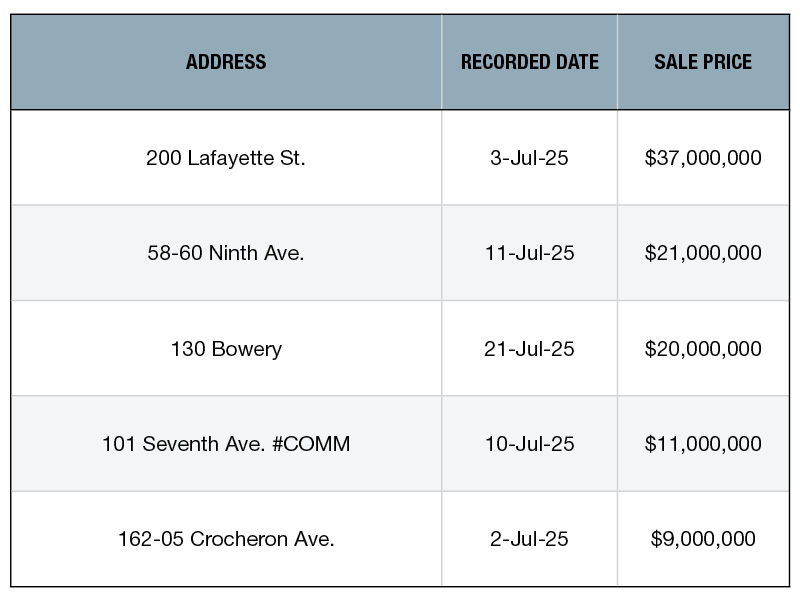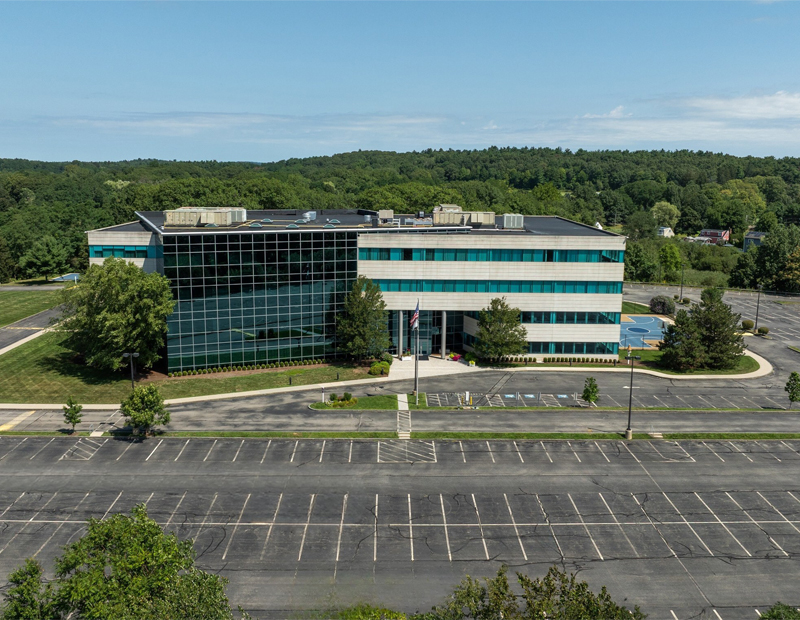Net Lease Investment: Cap Rates Reach Historical Lows
By Randy Blankstein, President, The Boulder Group: The national single-tenant net lease market remains concentrated in the decreasing supply of core assets, causing cap rates to compress in the second quarter for industrial, office and retail property.
 By Randy Blankstein, President, The Boulder Group
By Randy Blankstein, President, The Boulder Group
Cap rates in the net lease sector compressed in the second quarter of 2012 compared to the second quarter of 2011 for industrial, office and retail property. Industrial properties experienced the largest year-over-year decrease (70 basis points to an 8 percent cap rate), followed by retail (50 basis points to a 7.5 percent cap rate) and office (14 basis points to an 8.25 percent cap rate). The primary factors contributing to the cap rate compression remain the lack of new development and the historical low interest rate environment. Secondary factors include a strong fundraising environment for both public and non-traded REITs and a reduced number of sale-leaseback properties in the marketplace due to the low costs associated with new debt.
The supply of core assets–properties with long-term leases to investment-grade tenants–continues to diminish due to the lack of new development. This decrease in supply is caused by slowed expansion plans among national companies, compounded by tenants electing to occupy second-generation space at attractive rents. Accordingly, the limited supply of newly developed core assets is experiencing the greatest cap rate compression. For example, newly developed single-tenanted Walgreens properties have seen their cap rates compress by 50 basis points in the past year. Cap rate compression is even greater for the top-tier metropolitan areas.
The national single-tenant net lease market remains concentrated in the decreasing supply of core assets. Transaction volume will remain active in this asset class as investors continue to be attracted to stable cash flows, passive management, attractive financing and yields in excess of fixed-income alternatives. As there is increased capital seeking net-leased assets and a lack of available core properties, investors are expanding their acquisitions to include non-investment-grade properties and properties with shorter-term leases.
Randy Blankstein is president of net lease advisory and brokerage firm The Boulder Group. He can be reached at rblank@bouldergroup.com.







You must be logged in to post a comment.